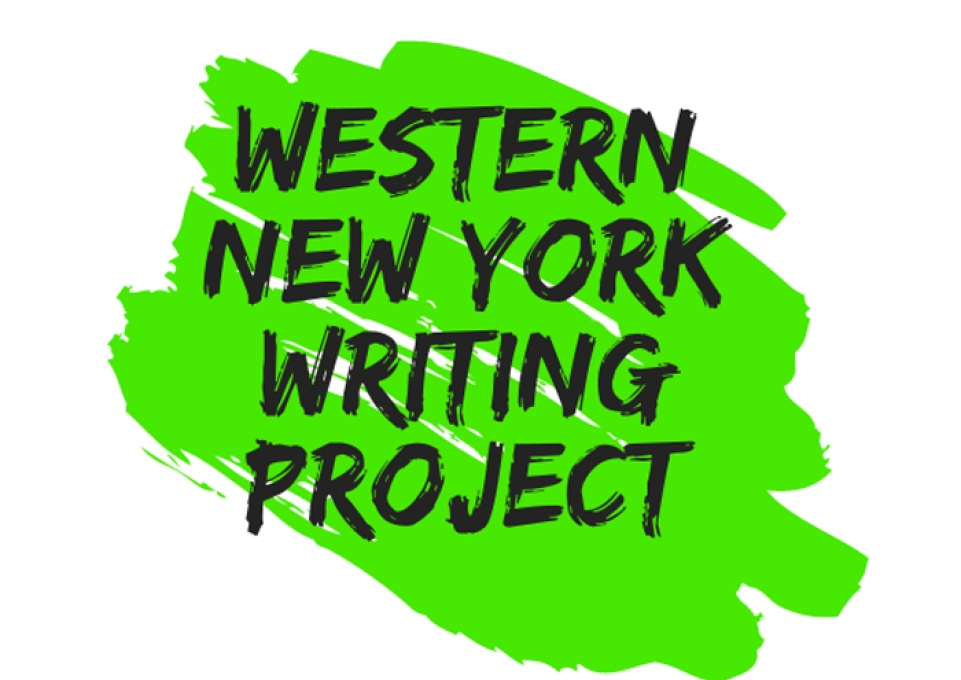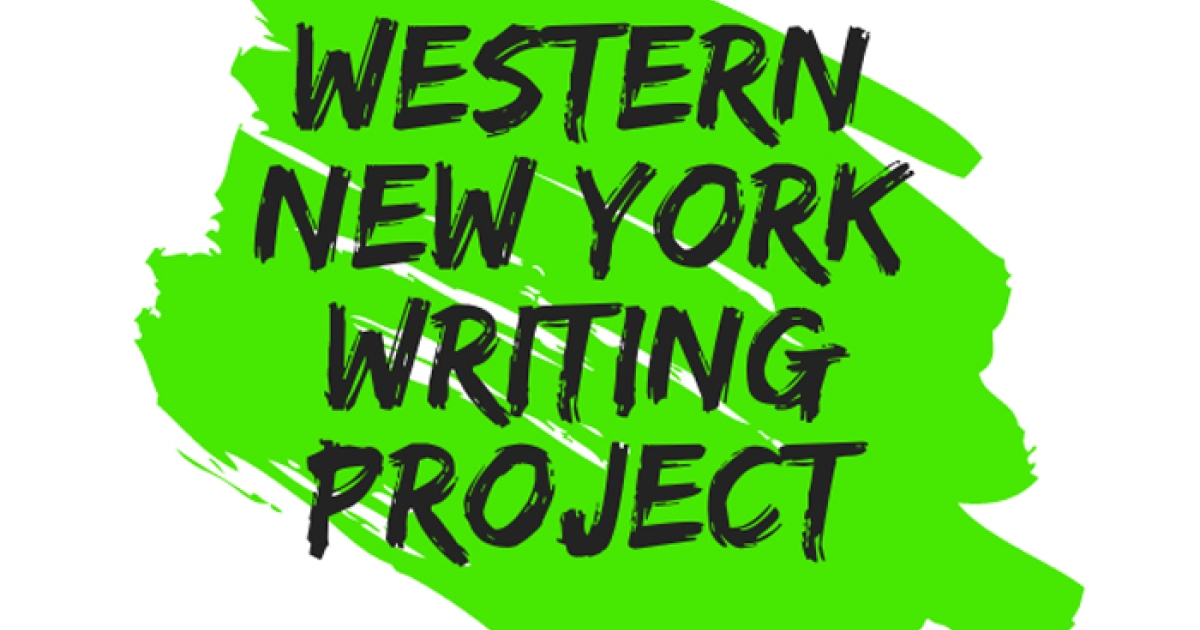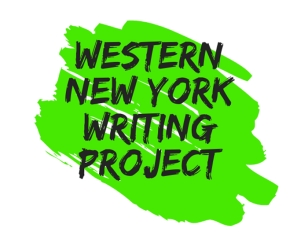
One of the best ways to navigate tumultuous times is to write about them, notes Maggie Herb, Buffalo State College assistant professor of English, director of the college’s Writing Center, and co-director of the Western New York Writing Project (WNYWP).
Herb and two Buffalo State colleagues will focus on doing just that during the WNYWP Summer Institute that will be held July 11–15 in E. H. Butler Library.
Designed for teachers, the weeklong institute will feature interactive workshops, lesson-planning sessions, and writing prompts to help participants work on their own writing. It’s open to teachers across the region who teach any subject at any grade level. They just need to have an interest in writing and the teaching of writing.
“We chose the theme ‘Writing to Process’ to explore how writing can be a critical tool to process challenging and tumultuous times,” Herb said. “These last couple of years have been tough for teachers and students with COVID-19, remote learning, and many scary things in the world. Writing is an important academic skill, but it’s also a practice that can help make sense of things and help us heal.”
“The summer institute supports the philosophy that you’re a better teacher if you’re engaged in your own writing.”
This is the second year Buffalo State has hosted the summer institute through the WNYWP, a branch of the National Writing Project housed in Buffalo State’s Center for English Teaching.
The professional organization was located at Canisius College in the 1990s and early 2000s and then went dormant for years, until it was re-established at Buffalo State in 2020.
Katherine Macro, lecturer of English education, co-directs the WNYWP. Hilary Lochte, assistant professor of both elementary education, literacy, and educational leadership and English education, who directs the Buffalo Urban Teacher Pipeline Residency Graduate Program, serves as assistant director.
“The goal is to provide professional development and best practices for the teaching of writing,” Herb said, “not just for teachers of English and language arts, but other subjects as well. We want teachers to go back to their schools and share what they’ve learned with their colleagues as well as their students.”
Herb, Macro, and Lochte will cover best practices, including the importance of writing regularly and in different forms.
Participants will also share their writing aloud with one another and read the book Write for Your Life by Anna Quinlan, an award-winning novelist and journalist.
“The summer institute supports the philosophy that you’re a better teacher if you’re engaged in your own writing,” Herb said. “And many teachers don’t get the chance to do that too often.”
During the workshop, Herb said, they’ll also cover revision and how to best engage others in the writing process.
“Unfortunately, in school, writing often gets pushed to the side to make way for test preparation or focusing just on the formal essay,” Herb said. “Students need to spend time writing in low-stakes situations, writing to learn, writing to process, and writing as a tool for thinking.”



